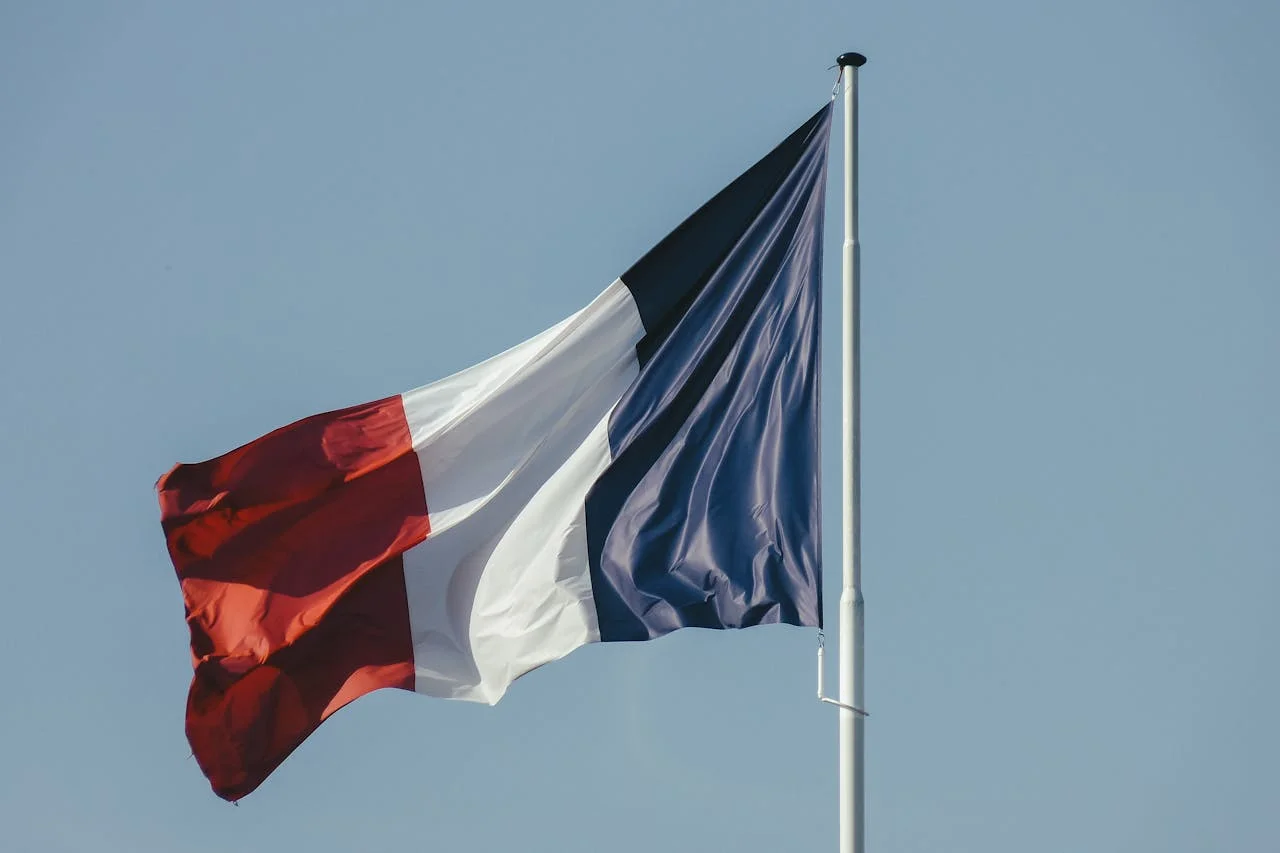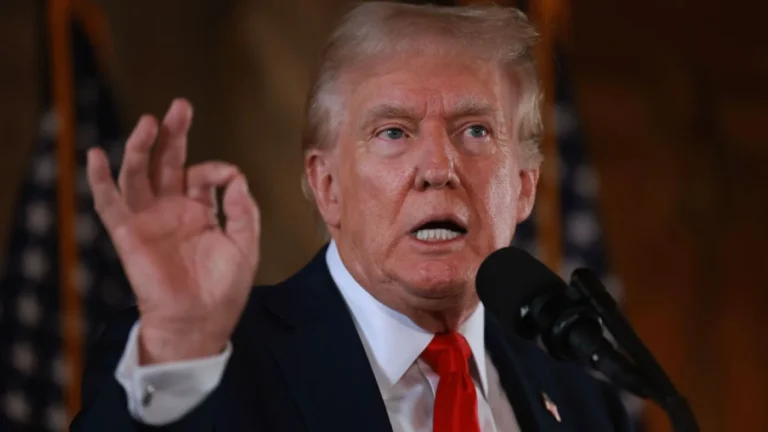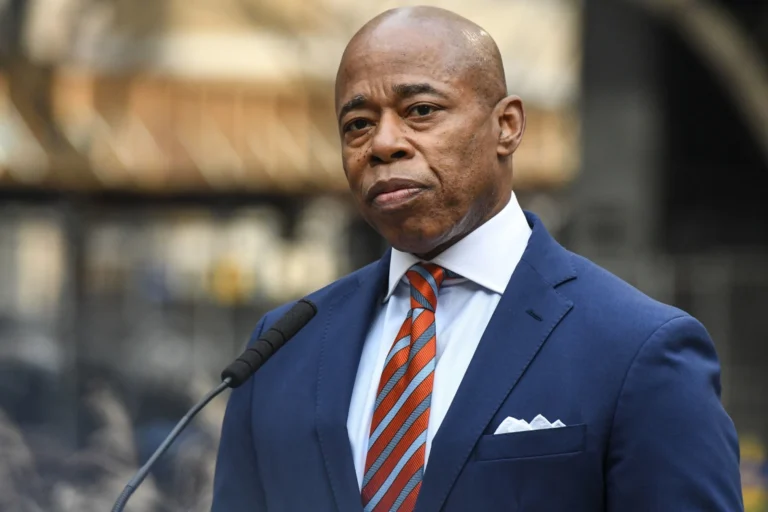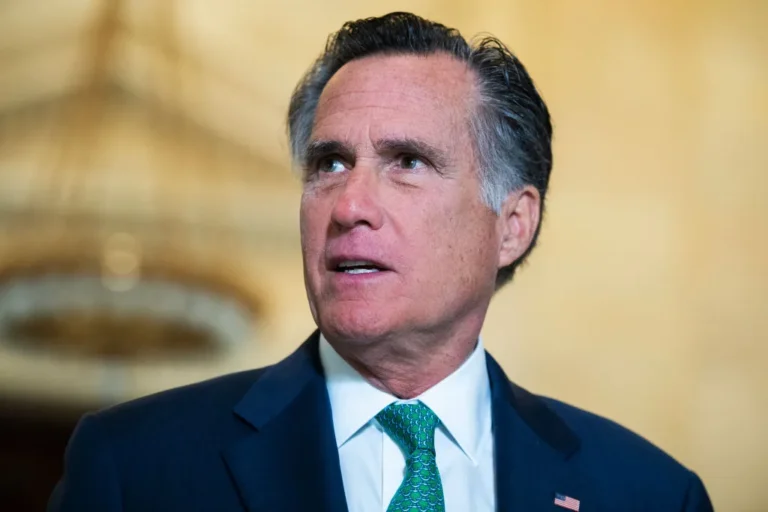French Government Falls as Prime Minister Michel Barnier Is Forced Out
France has been thrust into a new wave of political turmoil as its government collapsed on Wednesday following a no-confidence vote that ousted Prime Minister Michel Barnier. The vote, held in the National Assembly, saw 331 of the 577 lawmakers cast their ballots against Barnier, marking the end of his brief tenure and reigniting a political crisis for the nation as it heads into the new year.
Barnier, appointed by President Emmanuel Macron in September after a deadlocked parliamentary election in July, is now expected to resign. His tenure will be the shortest for a French prime minister in modern history. This upheaval leaves the European Union’s second-largest economy with a caretaker government, raising concerns about its ability to address an escalating budget crisis—an issue that could unsettle financial markets.
The Root of the Crisis
The seeds of this crisis were sown in the aftermath of July’s parliamentary elections. Macron, a centrist, appointed Barnier, a conservative, to lead a minority government. However, the National Assembly remained deeply fragmented, with left-wing and right-wing coalitions significantly outnumbering lawmakers loyal to Barnier and Macron.
Tensions reached a boiling point over Barnier’s controversial proposals to address France’s ballooning deficit. His plans to raise taxes and cut spending were met with fierce resistance from both ends of the political spectrum. In a move that further alienated lawmakers, Barnier invoked special powers to push through a welfare-related budget bill without a parliamentary vote. This unilateral action angered many and ultimately led to his ousting, making him the first French prime minister to be removed in this manner since 1962.
Marine Le Pen, leader of the far-right coalition, justified the no-confidence vote by saying, “The choice we made was to protect the French.” Left-wing leader Jean-Luc Mélenchon echoed the sentiment, stating after the vote that Barnier’s downfall was inevitable. “Even with a Barnier every three months, Macron will not last three years,” Mélenchon quipped, referring to the president’s remaining time in office.
What’s Next for France?
While the immediate future remains uncertain, a fresh snap parliamentary election is not on the horizon. France’s constitution prevents Macron from calling another election before the summer. In the meantime, Macron will need to engage in negotiations with various political coalitions to appoint a new prime minister.
The process is expected to be fraught with challenges. Macron’s previous choice of Barnier—a seasoned politician from outside the leftist coalition that won the most votes in July—already demonstrated the difficulty of bridging France’s political divides. Mélenchon’s coalition and Le Pen’s bloc remain deeply opposed to Macron’s policies, leaving the president with limited options.
Until a new prime minister is appointed, Barnier is expected to stay on in a caretaker role. However, the government’s ability to address pressing economic and political issues will be severely constrained during this period, further exacerbating the nation’s troubles.
Economic and Political Ripples
France’s economic stability is now in question. With national public debt nearing $3 trillion, any prolonged political paralysis could have significant repercussions for both domestic and European markets. Investors may begin to view French stocks and bonds as risky, potentially leading to broader financial instability across the eurozone.
Domestically, Macron faces a steep uphill battle. His approval ratings remain low, with many French citizens disillusioned by his policies, including contentious welfare reforms. While the successful hosting of the upcoming Paris Olympics and the reopening of Notre-Dame Cathedral offer rare moments of positive news, these events do little to alleviate the public’s dissatisfaction with Macron’s leadership.
A Gamble Gone Awry
Political analysts see the current crisis as a consequence of Macron’s decision to call a snap election last year, a move that ultimately backfired. Jean-Yves Camus, a political scientist at the Paris-based French Institute for International and Strategic Affairs, remarked that Barnier’s removal underscores the failure of Macron’s strategy. “This is proof that Macron’s gamble in calling a snap election last spring totally failed,” Camus said.
As France enters a period of political uncertainty, the stakes are high for Macron, whose presidency lasts until 2027. His ability to navigate this crisis will not only shape his legacy but also determine the stability of France’s political and economic future.






